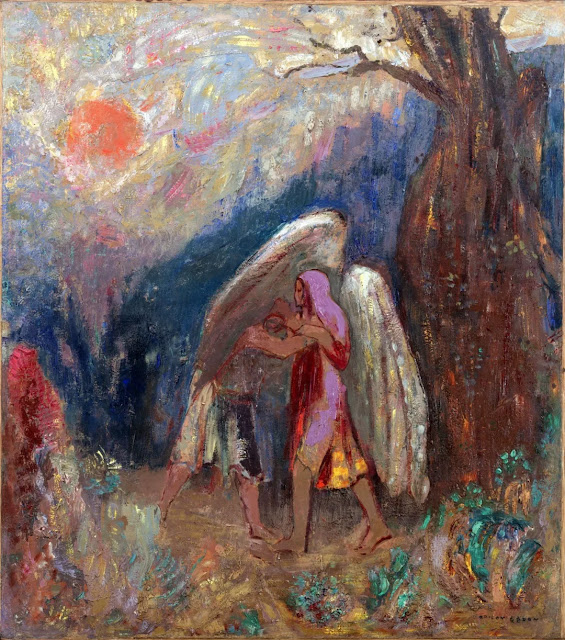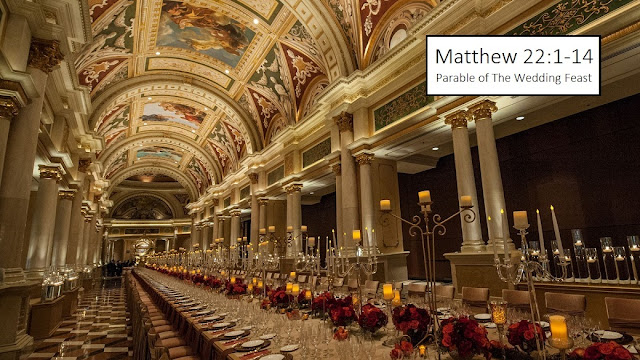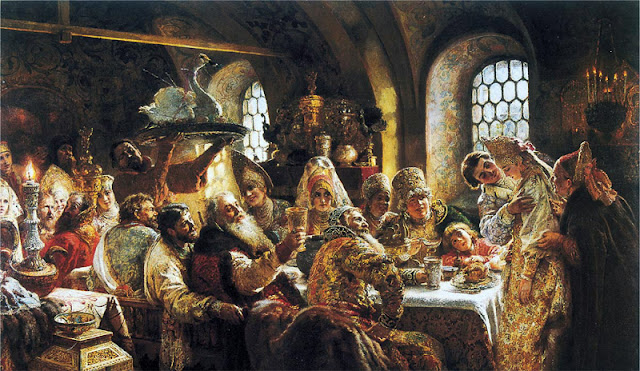But recently, here is the question on my mind: What is the appropriate balance between speaking out and staying silent? What is the balance between submitting to leaders and taking a stand for truth?
There are two approaches that I find to be the most common, one is the career climber, second is the outspoken partisan. In my particular corner of leadership, I find the career climber much more common than the outspoken partisan, but they do both exist.
Often I ask myself, which direction ought I to tend toward? I've found myself about 7 years back, more so along the lines of the outspoken partisan.
I share my perspectives openly. I advocate for the viewpoints I hold. I don't hide much of what I believe, because I believe strongly in it. And at times I've taken it too far. Many know of the outspoken partisan, and it's a precarious position, it can lead toward outright rebelliousness, or self-expulsion.
There is also the climber. The climber is not as much of a believer. They say the right things to move up. They develop relationships for the purpose of using others toward gain. Their primary goal is, how can I fulfill my ambition to power? How can I prove my importance? They will take positions that are popular, refuse to make waves even when they ought to, and generally do whatever it takes to gain more authority. They are the ultimate every-person.
This same sort of dichotomy appears in politics, in both parties, you have politicians who are true believers, they really believe in the principles and policies of the platform, think of someone like Ted Cruz, or Bernie Sanders. Similarly, you have politicians who are climbers, they are not as much believers as they are climbers, they will repeat whatever the public desires at the moment, think of someone like Nancy Pelosi or Mitt Romney.
Which are you? A believer? Or a climber? There are also extremes, in both directions that I see. You've got the outright rebel, on the one end of the spectrum, we've all met this person, they are so opinionated, and so rebellious, they don't last long in any organization, they can't even survive in most small groups, their opinions and rebelliousness drive them out. They stand alone, in refusing everything because eventually they find someone or something that disagrees with them, so they rebel and flee out of whatever it was they were a part of.
There is also the coward. The coward is the extreme climber, the do anything, and say anything, to get what they want. They won't speak up on any issue. They will agree with whatever their superiors say or do, no matter how wrong it is. They will even attack and attempt to destroy those who speak truth to power. They are zealots, not of the organization or the belief system, they are zealots to get what they want, and anything goes. They will destroy people, climb over people, step on people, and ruin people's careers to get what they want. Often times, this blows up in their faces as they fumble about trying for power, that they end up canned, or sent out somewhere remote to be left. They often end up just as alone as the rebel.
So, thinking to myself, and my own beliefs, and my own adherence to leadership, and the principles of the organization, what does the perfect middle point look like?
What does a biblical Christian do to hit that perfect spot, between rebellion and cowardice? I don't want to be a climber, I don't want to be a partisan, what is the right balance here?
After much consideration, I believe the correct position of the mind is assertive submission.
Contradiction? I don't think so.
The scriptures are littered with extremes that balance each other perfectly in the word: Grace and truth, Love and Justice, Assurance and Watchfulness, Mercy and Judgment, and so on and on it goes.
So, therefore, I must be assertive to speak up for the truth, but also submissive to my leaders and the organizational structure. I must be bold as a lion, and submissive as a soldier to his officer. This is the sacred balance to maintain.
Consider the example of Christ in the garden. In Luke 22:42 Jesus said, “Father, if you are willing, remove this cup from me. Nevertheless, not my will, but yours, be done.”
Jesus submitted to the order of authority, even when it meant something that seemed completely unjust, that he would die for the sins of the world, sins he did not himself commit. But Jesus submitted to the Father's will, and so he won the victory.
The chain of authority is very important to God, apparently. We see again in Hebrews 13:17 "Obey your leaders and submit to them, for they are keeping watch over your souls, as those who will have to give an account. Let them do this with joy and not with groaning, for that would be of no advantage to you."
Not only that, we see we are to be in submission to human authorities as well, not just Christian authorities. It says in, 1 Peter 2:13-14: "Be subject for the Lord's sake to every human institution, whether it be to the emperor as supreme, or to governors as sent by him to punish those who do evil and to praise those who do good."
This is radical submission, much more radical than we would expect. But there it is.
On the other end, we see radical outspokenness. We see John and Peter before the Sanhedrin, Acts 4:18-20: "Then they called them in again and commanded them not to speak or teach at all in the name of Jesus. 19 But Peter and John replied, “Which is right in God’s eyes: to listen to you, or to him? You be the judges! 20 As for us, we cannot help speaking about what we have seen and heard.”"
These were their spiritual leaders. And they were respectful when spoke to them, but they politely refused to stop speaking about Jesus.
We see a dispute between two leaders in Galatians, and Paul speaks up boldly, to the man Jesus called the rock on which he would build his church, and the man he asked to "feed my sheep."
From Galatians 2:11-14, "But when Cephas came to Antioch, I opposed him to his face, because he stood condemned. 12 For before certain men came from James, he was eating with the Gentiles; but when they came he drew back and separated himself, fearing the circumcision party. 13 And the rest of the Jews acted hypocritically along with him, so that even Barnabas was led astray by their hypocrisy. 14 But when I saw that their conduct was not in step with the truth of the gospel, I said to Cephas before them all, “If you, though a Jew, live like a Gentile and not like a Jew, how can you force the Gentiles to live like Jews?”
Paul was outspoken. He challenged a leader, in public. We are called to do the same, boldly, also with submission.
That is the sacred balance, assertiveness and submission.





















